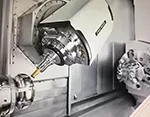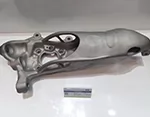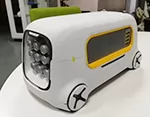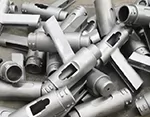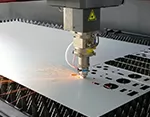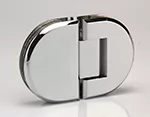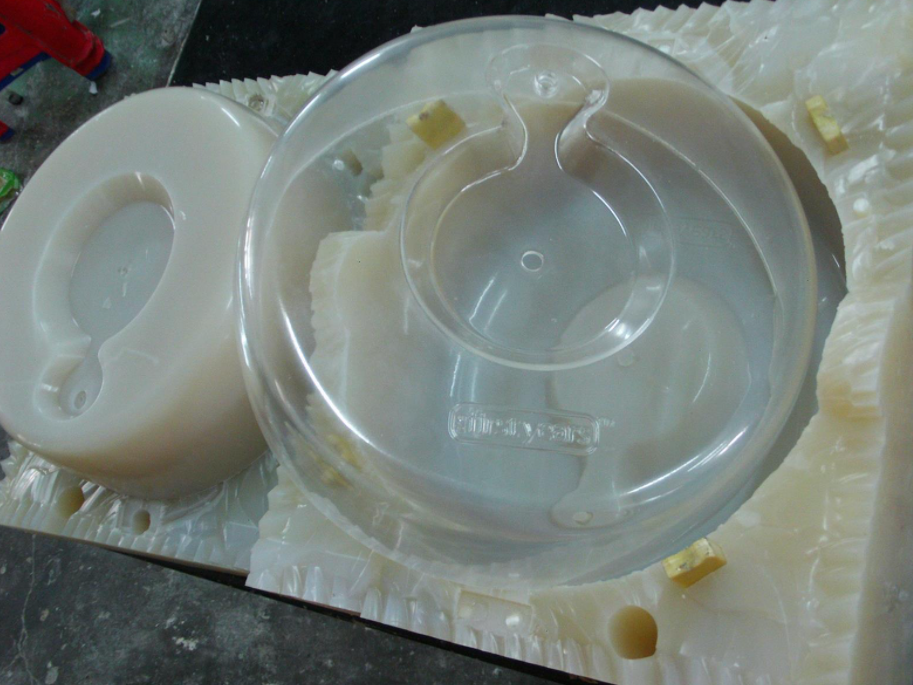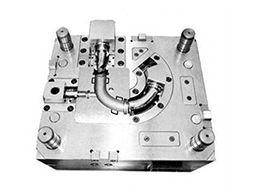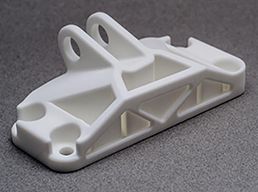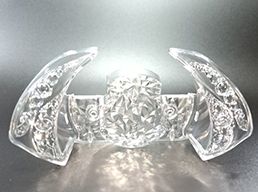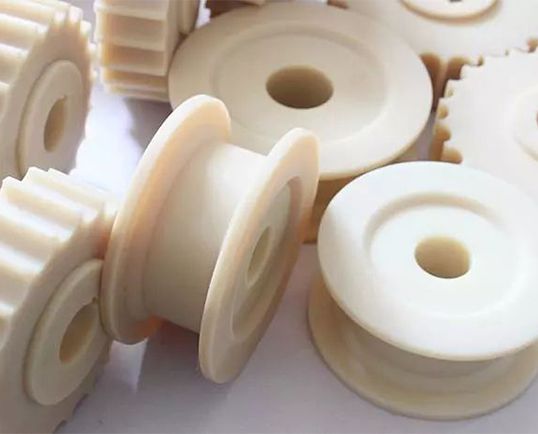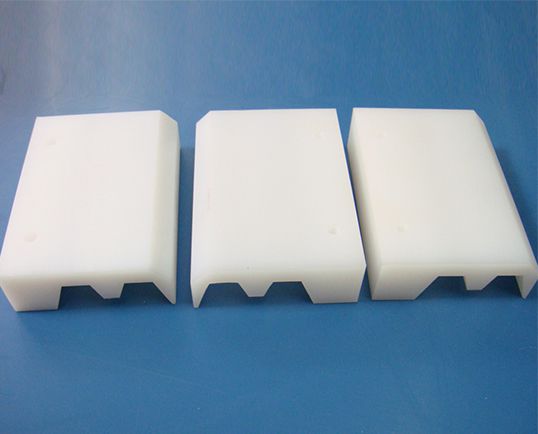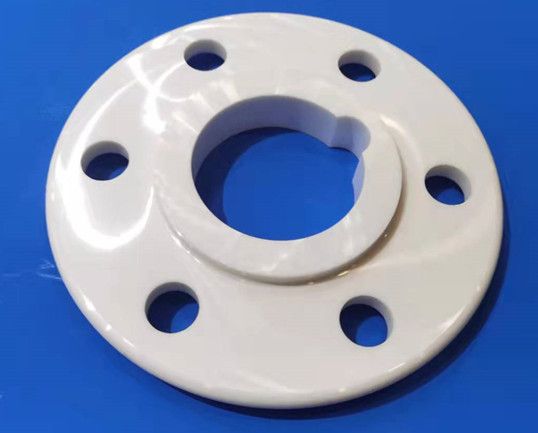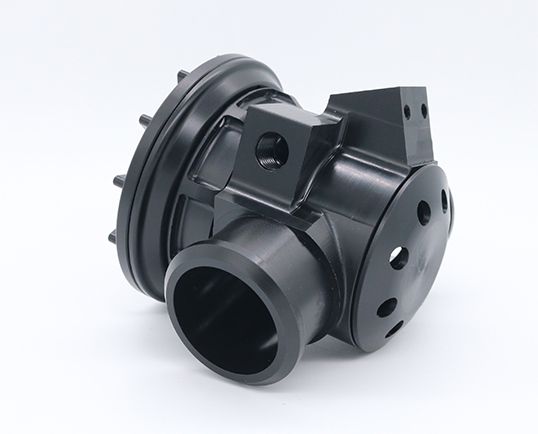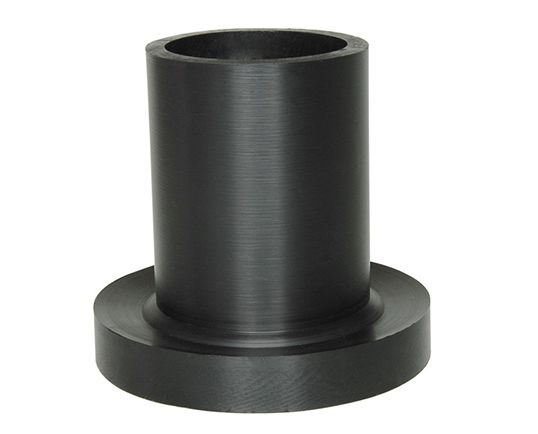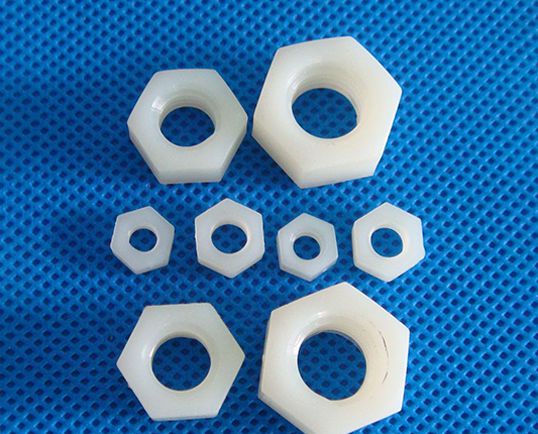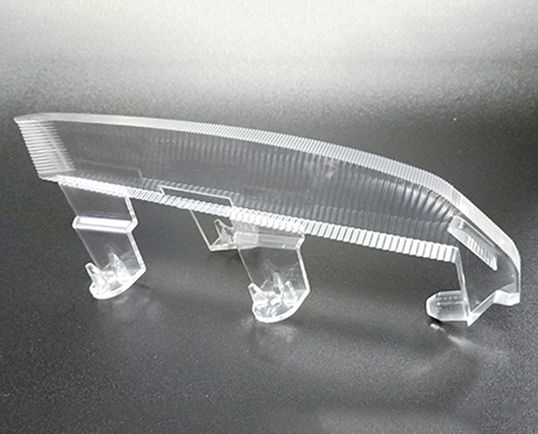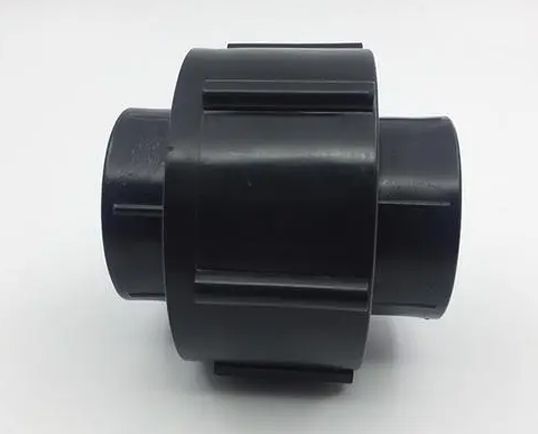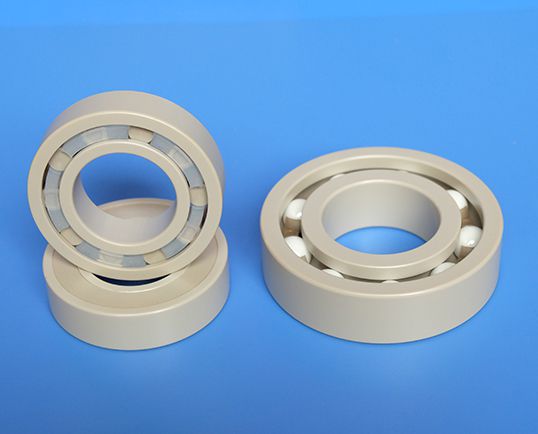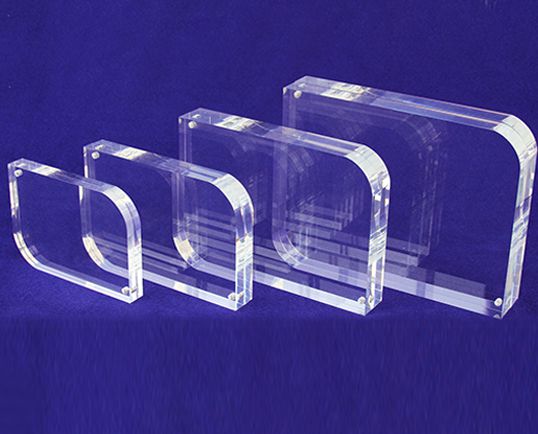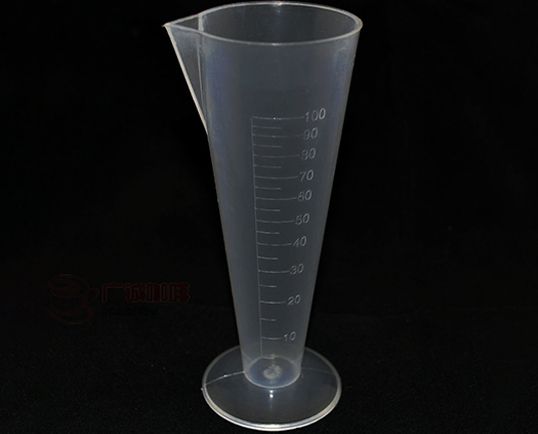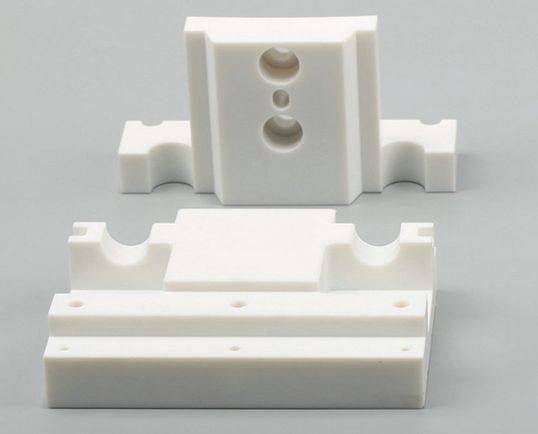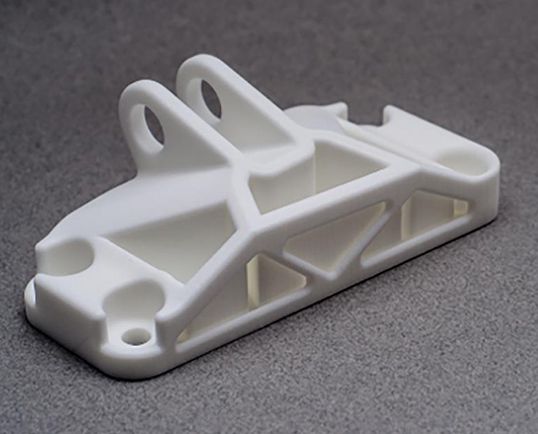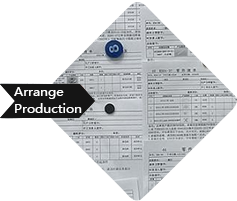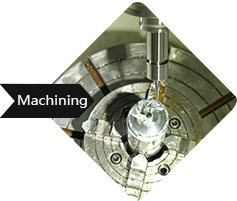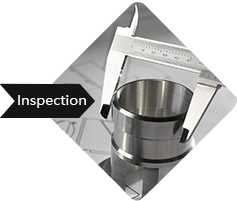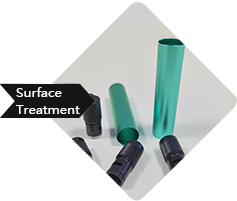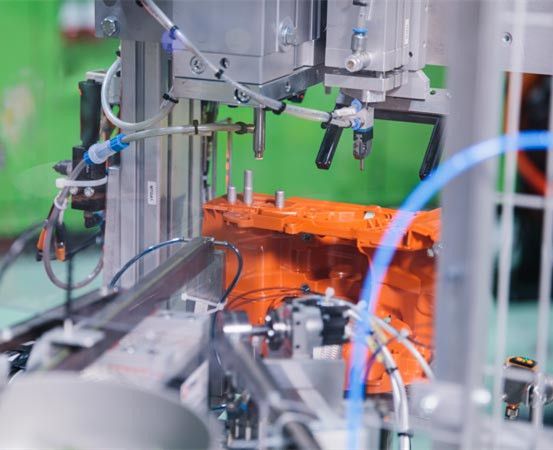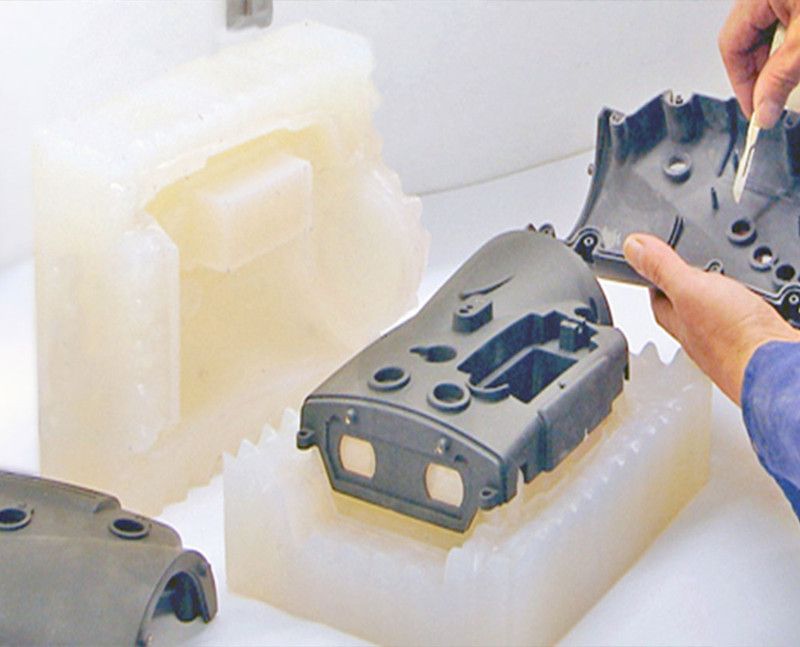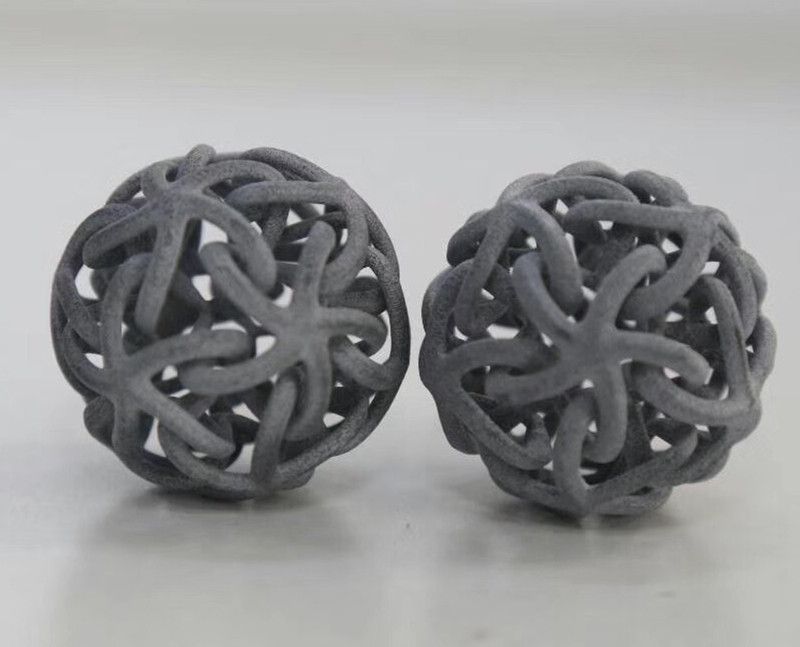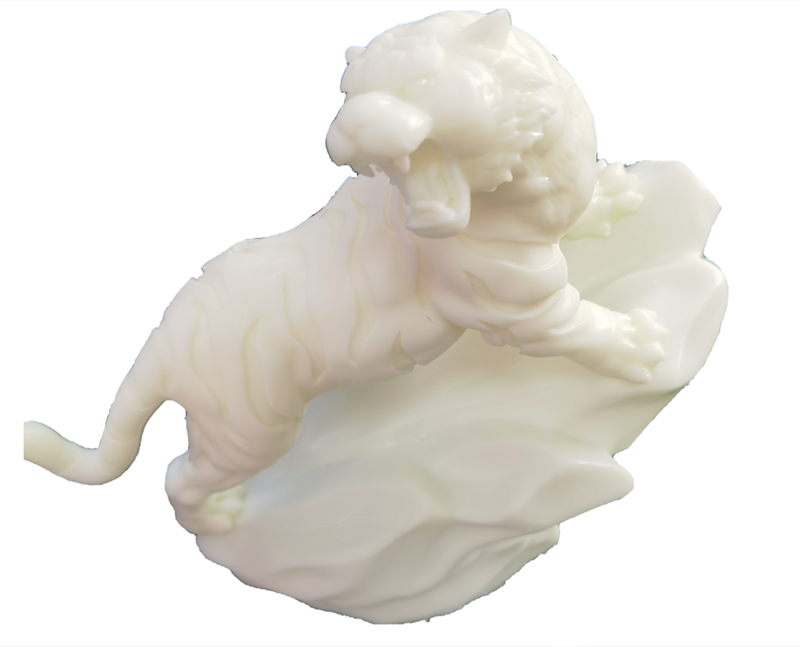-
Service
+
- CNC Precision Machining Service +
- Multi-Axis Simultaneous Machining Service +
- CNC Turning Service +
- Metal 3D Printing Service +
- Rapid Prototyping Service +
- Die Casting Service +
- Sheet Metal Fabrication Service +
-
Finish Serivces
+
- Polishing
- Grinding
- Brushed Finish
- Sand blasting
- Painting
- Powder Painting
- Anodizing
- Hard anodizing Service
- Passivation
- Zinc Plating
- Nickel Plating
- Chrome Plating
- Blackening
- Black Zinc Plating
- Teflon Coating
- Titanium Coating
- DLC Coating
- Laser Marking
- Silk Screen Printing
- Transfer Printing
- Micro Arc Oxidation
- Industries +
- About Us +
- Resource +
- Contact Us
- Quote

-
Service
-
>
-
>
-
>
-
>
-
>
-
>
-
>
-
>
-
- Industries
- About Us
- Resource
- Contact Us
What is Rapid Prototyping?
Rapid prototyping is a product development method that uses turnkey manufacturing techniques to rapidly produce multiple iterations of components for testing and evaluation. In other words, it is a method of making parts as quickly as possible for hands-on review. 3D printing is most often chosen for rapid prototyping because of its affordability and quick turnaround time of 1-3 business days. In addition to 3D printing, other common rapid prototyping processes include CNC machining, sheet metal fabrication, and rapid injection molding.
Speed and affordability are key principles of rapid prototyping, allowing multiple designs of a prototype to be manufactured at once, or one prototype to be modified and remanufactured in rapid succession. These prototypes provide critical information to help engineers make design decisions before moving to higher fidelity models for functional testing and production.
Rapid prototyping services can be used to test a variety of designs and materials as the usual financial and time risks are eliminated from the equation. This mitigates the risks that can occur when moving forward with a project without sufficient information.
Choose Between Rapid Prototyping Processes
For engineers and product designers seeking rapid prototyping online services to speed up product development cycles, Kesu Group offers a variety of rapid manufacturing processes that can be used to create prototypes quickly and economically. While any single prototype can be produced in a myriad of different ways, it is ultimately up to the engineer to determine which process and materials are best for their product. In recent years, advances in additive manufacturing technology have made 3D printing the first choice for engineers looking for a rapid prototyping solution: parts can be printed quickly and inexpensively using a variety of different metals and plastics.
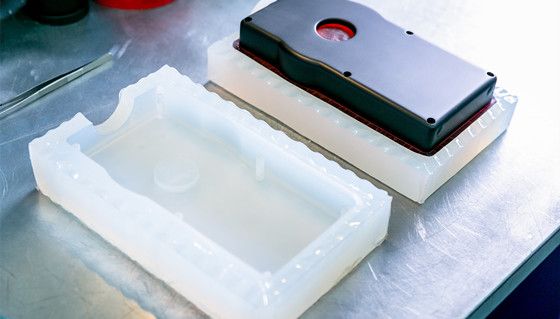
Available Material: ABS, PP, PC, PMMA, POM, Soft Rubber, Silicone Rubber, Heat-resistant material, etc.
Silicone Molding Processing Steps.
A. Prototype
The prototype need be made before make the silicone mold. The prototype could be machined by CNC, and the material could be the common material such ABS.
B. Silicone Mold
Making the silicone mold after the prototype was ready.
Waiting about 8 hours for drying, then cut the silicone mold and take out the prototype. At this time the silicone mold is ready.
C. Injection
Injecting the liquid material to silicone mold, it’s completed if the part is dry.
The capability of silicone mold is about 20 times.
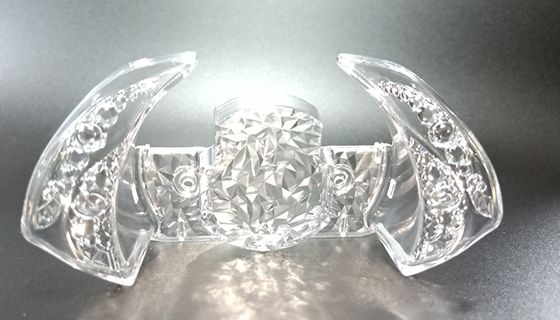
The advantage of CNC rapid prototyping.
The information which expressed in the drawings could be reflected by CNC accurately. At the same time, the appearance quality of CNC prototype is very high, which is especially obvious after the surface finish, such as painting or silk screen printing. The product of CNC rapid prototyping will be much more glamorous than the one which is made by tooling. Hence, CNC rapid prototyping is becoming more and more popular in rapid prototyping.
Kesu Group has rich experience in CNC machining, especially in 3+2 machining and 5-axis machining, which could provide great help for CNC rapid prototyping services.
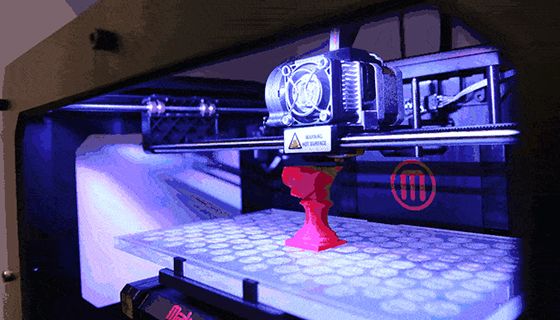
Available Material of 3D printing: Nylon(White), Resin,ABS, PC.Rubber etc.
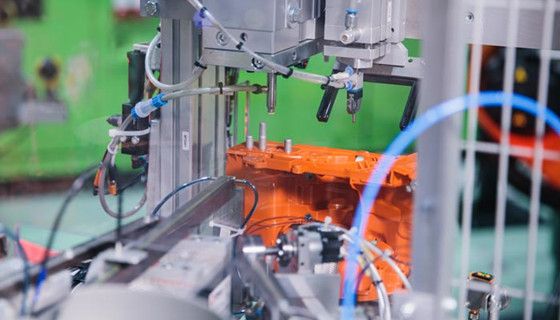
Usually, the rubber injection and plastic injection will be used for products. Injection molding machine is the main molding equipment that uses plastic tooling molds to make plastic products to various shapes. Injection molding is realized by injection molding machines and molds.
ABS is a low-cost plastic with good comprehensive performance, and widely used in machinery, electrical, automobile and aircraft.
Available Color: Natural, Black
Available Finish: Painting
Ceramics is high brittleness material with high melting point, high hardness, high strength, good wear resistance and great oxidation resistance, as well as good electrical insulation.
Available Color: White
Delrin is a POM material, which belong to the Dupont Company. Delrin has low-friction, high-stiffness, and a relatively high toughness and minimal elongation, as well as excellent dimensional accuracy.
Available Color: White, Black
High-density polyethylene (HDPE) has great resistance to acid, alkali and organic solvent, as well as excelent electrical insulation. It's widely used in plugs and seals.
Available Color: Black, White
Nylon is a popular plastic which has great resistance to friction and chemical wear, as well as great electrical insulation.
Available Nylon: PA6, PA66
Available Color: White, black or others.
Polycarbonate (PC), is heat-resistant, impact-resistant, flame-retardant, and one of the most common plastics used in manufacturing.
Available Color: Clear, black, glossy
Polyethene(PE), has great resistance to acid and alkali, and good electrical insulation. It's widely used in plastic injection and machining.
Available Color: Black, white
Usually, PEEK is used to machine high precision plastic parts. It has great resistant to moisture, wear, chemicals, high temperature, high electricity, sunshine etc.
Available PEEK: German Imported PEEK, Japan Imported PEEK
Available Color: Opaque beige
Acrylic or PMMA, is a scratch-resistant plastic material, often used for tanks, panels, and optical applications.
Available Color: Optically clear, opaque
Polypropylene (PP) resists most solvents and chemicals, which makes it a wonderful material to manufacture laboratory equipment and containers for a variety of applications. PP also offers good fatigue strength.
Colors: White (semi-clear or opaque)
Commonly known as Teflon, PTFE resists high temperatures and chemicals/solvents excellently in and is also a great insulator. It is also a very slippery plastic, which makes it a good material for low-friction applications such as bearings.
Available Color: Black, white (opaque)
| ISO 2768-M | |
| Permissible deviations in mm for ranges in nominal lengths | Tolerance Class Designation (Description) |
| m (medium) | |
| 0.5 up to 3 | ±0.1 |
| over 3 up to 6 | ±0.2 |
| over 6 up to 30 | ±0.3 |
| over 30 up to 120 | ±0.5 |
| over 120 up to 400 | ±0.8 |
| over 400 up to 1000 | ±1.2 |
| over 1000 up to 2000 | ±2.0 |
| over 2000 up to 4000 | – |
| Permissible deviations in mm for ranges in nominal lengths | Tolerance Class Designation (Description) |
| m (medium) | |
| 0.5 up to 3 | ±0.2 |
| over 3 up to 6 | ±0.5 |
| over 6 | ±1.0 |
| Permissible deviations in mm for ranges in nominal lengths | Tolerance Class Designation (Description) |
| m (medium) | |
| up to 10 | ±1º |
| over 10 up to 50 | ±0º30′ |
| over 50 up to 120 | ±0º20′ |
| over 120 up to 400 | ±0º10′ |
| over 400 | ±0º5′ |
At Kesu Hardware, we focus on one-stop manufacturing service for rapid prototype in plastic.
Plastic rapid prototyping technology is widely used in many fields such as aerospace, automotive, electronics, communications, medical treatment, construction, home appliances, toys, furniture, household hardware and handicrafts.
Our experienced engineering team is dedicated to helping you find the best, most streamlined manufacturing solution to provide your business with the tools it needs to succeed. To get started with our rapid prototyping services, use our Get a Quote tool and we will get back to you within 24 hours or less with a quote and detailed information about your project.
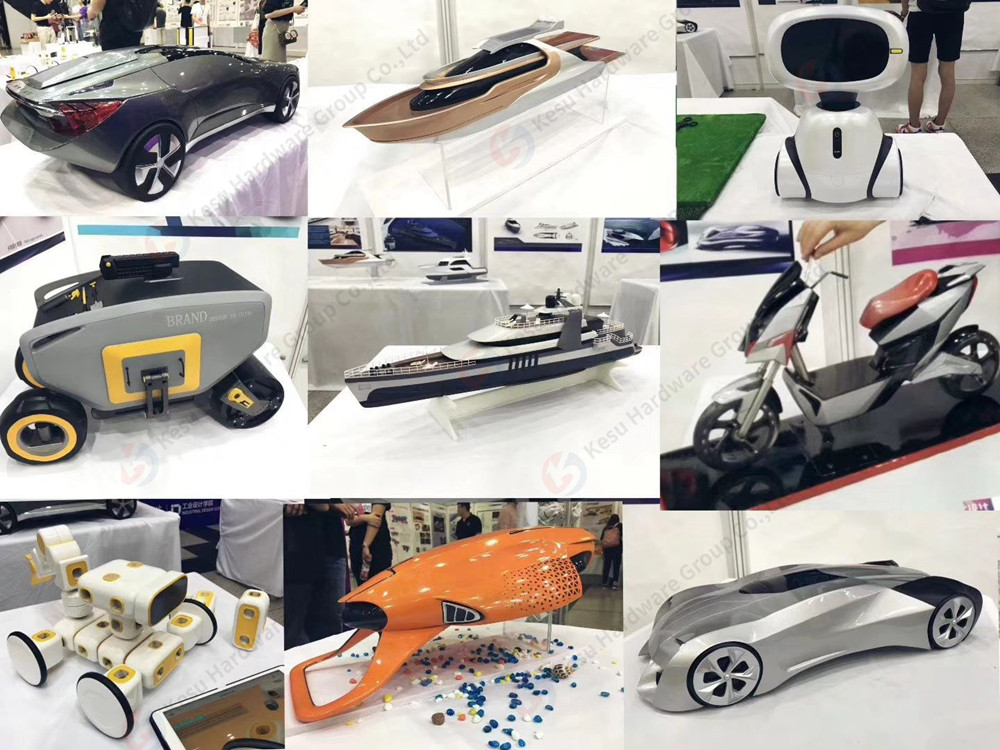
Upload your 2D & 3D drawings, along with the material, finish, and quantity. Get instant quote now! You can also send RFQ to enquiry@kesugroup.com directly.

